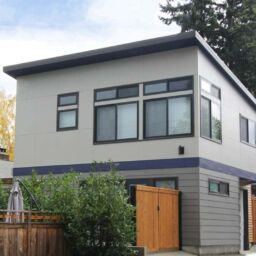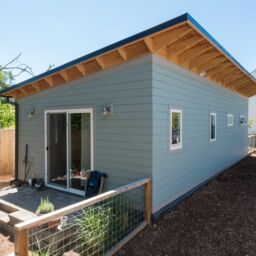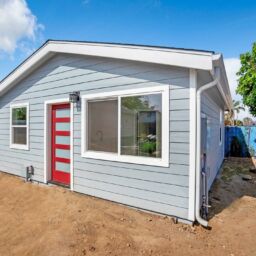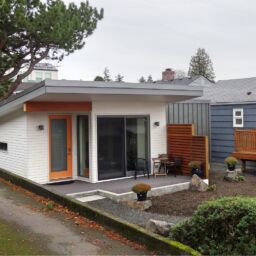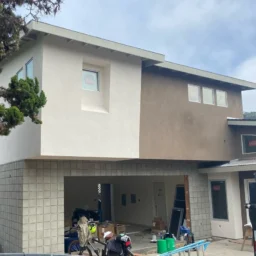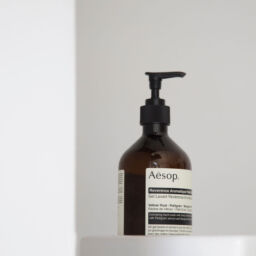Section 8 housing, also known as the Housing Choice Voucher program, is a federal program designed to assist low-income individuals and families with their housing needs. The program is administered by the Department of Housing and Urban Development (HUD) and provides rent assistance to eligible participants, enabling them to secure decent, safe, and sanitary housing.
The Section 8 program is based on the concept of vouchers, which are issued to eligible participants to cover a portion of their rent. The amount of the voucher is based on the family’s income and the size of the family, with the goal of ensuring that participants do not have to pay more than 30% of their income towards housing costs.




Once approved for the program, participants are free to search for housing that meets their needs, as long as the rental property meets certain requirements set by HUD. The property must be inspected to ensure that it is decent, safe, and sanitary, and the rent charged by the landlord must be reasonable.




Participants in the Section 8 program are responsible for paying a portion of their rent directly to the landlord, with the remainder covered by the voucher. This provides participants with the flexibility to choose housing that meets their needs and preferences, without being limited to a particular type or location of housing.
If you own an Accessory Dwelling Unit, renting your ADU through the Section 8 Housing Choice Voucher Program can be a great way to provide affordable housing to low-income individuals or families.
Here are the steps you can take to rent your ADU through Section 8:




1. Determine if your ADU is eligible: To be eligible for Section 8, your ADU must meet certain requirements, such as having a separate entrance, a functioning kitchen and bathroom, and meeting safety and health standards. Contact your local public housing authority (PHA) to determine if your ADU is eligible.
2. Register with the PHA: Once you determine your ADU is eligible, you will need to register with your local PHA to participate in the Section 8 program. The PHA will conduct an inspection to ensure your ADU meets the program’s requirements.
3. Advertise your ADU: To find tenants through the Section 8 program, you can advertise your ADU through the PHA’s website or by contacting local housing agencies.
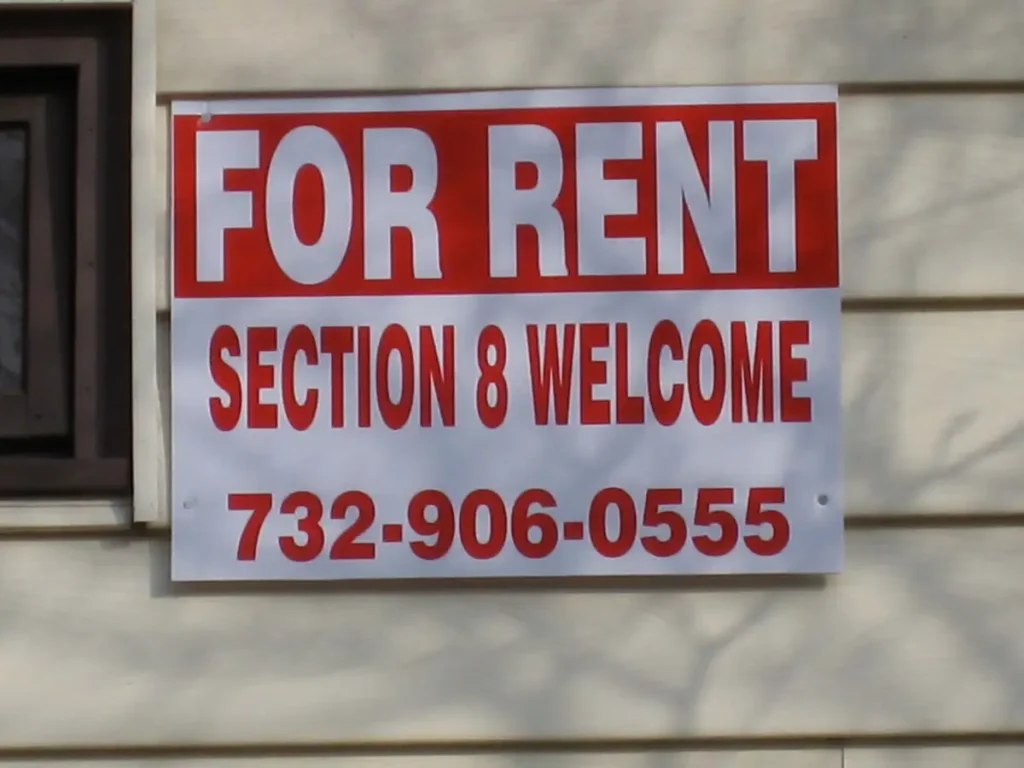



To participate in the Section 8 program, individuals and families must apply through their local Public Housing Agency (PHA). The PHA determines eligibility for the program based on income and other factors such as family size, citizenship status, and criminal history.
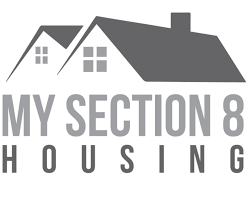



4. Screen potential tenants: As with any rental, it’s important to screen potential tenants to ensure they are trustworthy and will pay rent on time. The PHA may also conduct its own screening process.
5. Sign a lease agreement: If you find a tenant through the Section 8 program, you will need to sign a lease agreement that complies with the program’s requirements. The PHA will also sign a contract with you to provide rental assistance.
6. Receive rental payments: The PHA will provide rental assistance payments directly to you on behalf of the tenant. You will be responsible for collecting the tenant’s portion of the rent.
7. Comply with program requirements: As a landlord in the Section 8 program, you must comply with program requirements, such as maintaining the ADU in good condition, responding to tenant complaints, and complying with fair housing laws.
One of the key benefits of the Section 8 program is that it helps to reduce homelessness and housing instability among low-income individuals and families. By providing rent assistance, the program ensures that participants have access to safe, stable housing that they can afford, which can help to improve their overall quality of life.
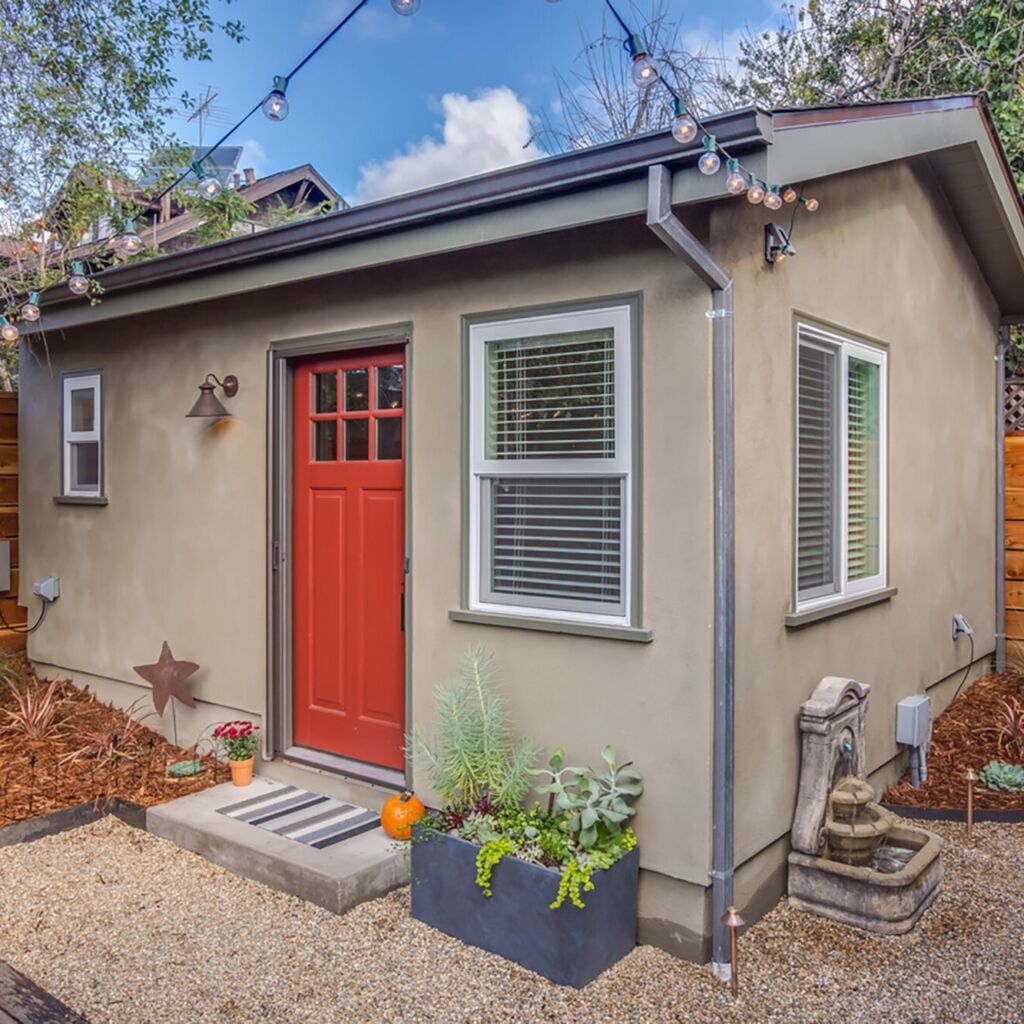



In addition to providing rent assistance, the Section 8 program also offers a range of supportive services to participants. These services can include job training, educational assistance, and counseling on budgeting and financial management.
Despite the many benefits of the Section 8 program, there are some criticisms of the program. Some argue that the program can be difficult to administer, with long waiting lists and a complex set of rules and regulations. Others argue that the program can lead to housing segregation, as participants may be concentrated in certain areas of a city or region.
Renting your ADU through the Section 8 program can be a great way to provide affordable housing while earning rental income. Be sure to comply with program requirements and work closely with your local PHA to ensure a successful rental experience.





